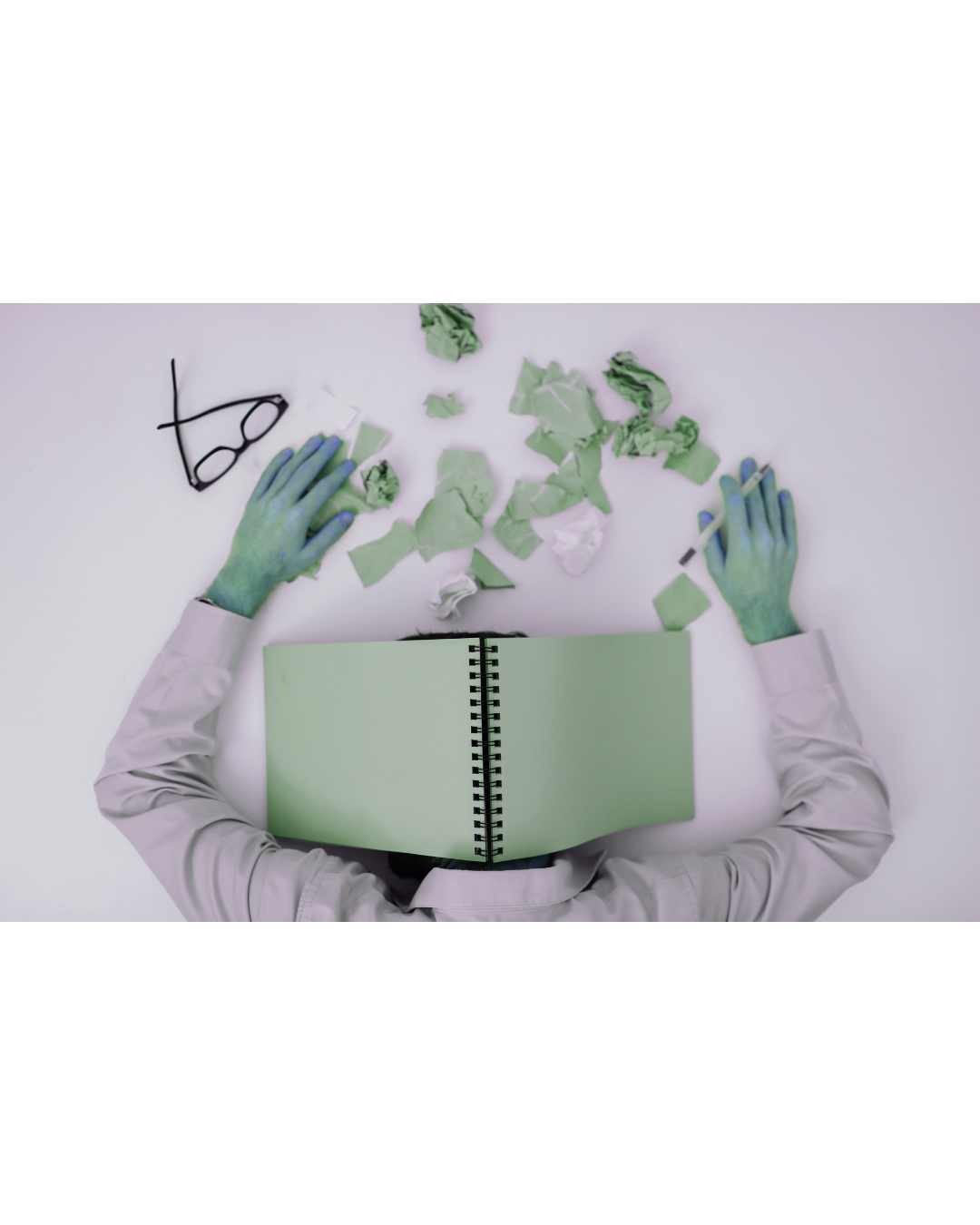
The Night’s Whisper: Healing Racing Thoughts Through Ancient Wisdom
A Night Ritual for Calmer Thoughts and Better Sleep
Sleep should be effortless, yet for millions around the world, it feels just out of reach. Racing thoughts, restless tossing, and a mind that won’t switch off are among the most common struggles people face at night. The World Health Organization estimates that nearly 1 in 5 adults worldwide suffer from insomnia, with women being disproportionately affected. Chronic sleep disruption is not just an inconvenience, it increases the risk of anxiety, depression, cardiovascular disease, obesity, and even dementia.
The Science Behind Restless Nights
Modern research shows that insomnia is often tied to stress physiology. When the brain perceives stress, the hypothalamic-pituitary-adrenal (HPA) axis releases cortisol, the “stress hormone.” Cortisol levels are meant to decline in the evening, allowing melatonin to rise and prepare the body for sleep. But in those with chronic stress, late-night rumination, or burnout, cortisol often stays elevated well into the night. This “wired but tired” state leaves the body restless and the mind overactive.
Recent studies confirm that insomnia is not just about sleep loss but about hyperarousal, the nervous system stuck in “fight or flight” mode when it should be in “rest and digest.”
Ayurveda’s Perspective: Vata and Racing Thoughts
Ayurveda describes this restless state as an imbalance of Vata dosha, the principle of air and space. When Vata is aggravated, it manifests as:
- A racing, overactive mind
- Anxiety and fear
- Difficulty falling or staying asleep
- Dryness in the body and restless energy
In modern terms, Vata imbalance resembles the “cognitive hyperarousal” that neuroscience describes in insomnia. Both point to an overactive nervous system and disrupted circadian rhythm.
Creating a Night Ritual for Rest and Calm
A structured nightly ritual can help calm the winds of Vata and reset stress physiology. Here are evidence-backed and Ayurvedic practices you can weave into your evenings:
1. Oil Massage (Abhyanga) for the Nervous System
Gently massaging the scalp, temples, and feet with a calming herbal oil helps ground the mind and signal the body to release tension. Studies show that aromatic oils and tactile therapy reduce cortisol and heart rate variability associated with stress.
2. Adaptogens for Cognitive Fitness
Herbs like Ashwagandha, Brahmi, and Shankhpushpi are well-known in Ayurveda for their ability to calm Vata and strengthen resilience. Modern research supports their role in modulating the HPA axis and reducing sleep latency.
3. Screen-Free Transition
The blue light from screens suppresses melatonin. Ayurveda calls this overstimulation of the senses (Asatmya indriyartha samyoga). Replace scrolling with reading, journaling, or listening to calming music.
4. Breath and Stillness
Simple breathing practices like Nadi Shodhana (alternate nostril breathing) or guided meditation help activate the parasympathetic system — the body’s natural sleep switch.
5. Warm Herbal Nightcap
A small cup of warm spiced milk or herbal tea with nutmeg, chamomile, or Brahmi helps soothe both mind and digestion, preparing the body for rest.
The Bigger Picture: From Stress to Strength
Insomnia is more than lost sleep, it’s a signal of imbalance in both body and mind. By blending the science of stress physiology with Ayurveda’s wisdom of Vata balance, we gain powerful tools for restoring resilience.
Your nightly ritual doesn’t have to be elaborate. Start small: oil massage, a few minutes of breathing, and turning off screens before bed. With consistency, these simple steps can calm racing thoughts, lower cortisol, and guide you into the deep, restorative sleep your body deserves.
Disclaimer:
This article is intended for educational and reflective purposes only. It explores insomnia and racing thoughts through both modern science and Ayurvedic philosophy. It is not a substitute for professional medical advice, diagnosis, or treatment. Always seek the guidance of a qualified healthcare provider with any questions you may have regarding your health, sleep, or treatment options.
References
- Riemann D, Dressle RJ, Benz F, Spiegelhalder K, Johann AF, Nissen C, Hertenstein E, Baglioni C, Palagini L, Krone L, Perlis ML, Domschke K, Berger M, Feige B. Chronic insomnia, REM sleep instability and emotional dysregulation: A pathway to anxiety and depression? J Sleep Res. 2025 Apr;34(2):e14252. doi: 10.1111/jsr.14252. PMID: 38811745; PMCID: PMC11911052.
- Riemann, D.; Dressle, R.J.; Benz, F.; Palagini, L.; Feige, B. The Psychoneurobiology of Insomnia: Hyperarousal and REM Sleep Instability. Clin. Transl. Neurosci. 2023, 7, 30. https://doi.org/10.3390/ctn7040030
- Edinger JD, Arnedt JT, Bertisch SM, et al. Behavioral and psychological treatments for chronic insomnia disorder in adults: an American Academy of Sleep Medicine clinical practice guideline. J Clin Sleep Med. 2021;17(2):255–262.
- O'Byrne NA, Yuen F, Butt WZ, Liu PY. Sleep and Circadian Regulation of Cortisol: A Short Review. Curr Opin Endocr Metab Res. 2021 Jun;18:178-186. doi: 10.1016/j.coemr.2021.03.011. May 5. PMID: 35128146; PMCID: PMC8813037.
- Telles S, Pathak S, Kumar A, Mishra P, Balkrishna A. Ayurvedic doshas as predictors of sleep quality. Med Sci Monit. 2015 May 17;21:1421-7. doi: 10.12659/MSM.893302. PMID: 25982247; PMCID: PMC4448595.
